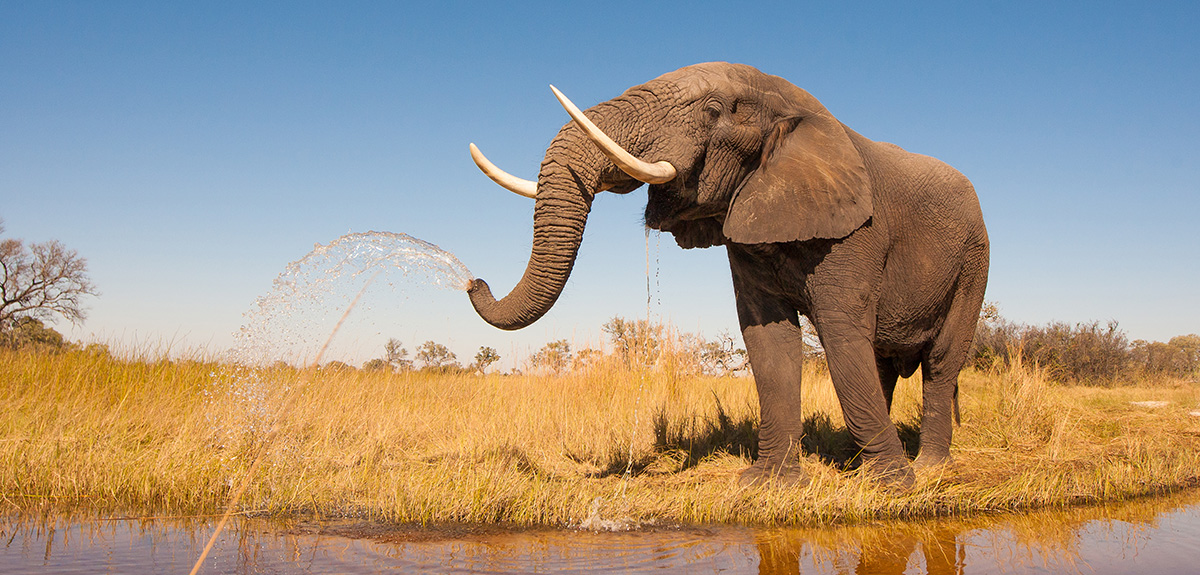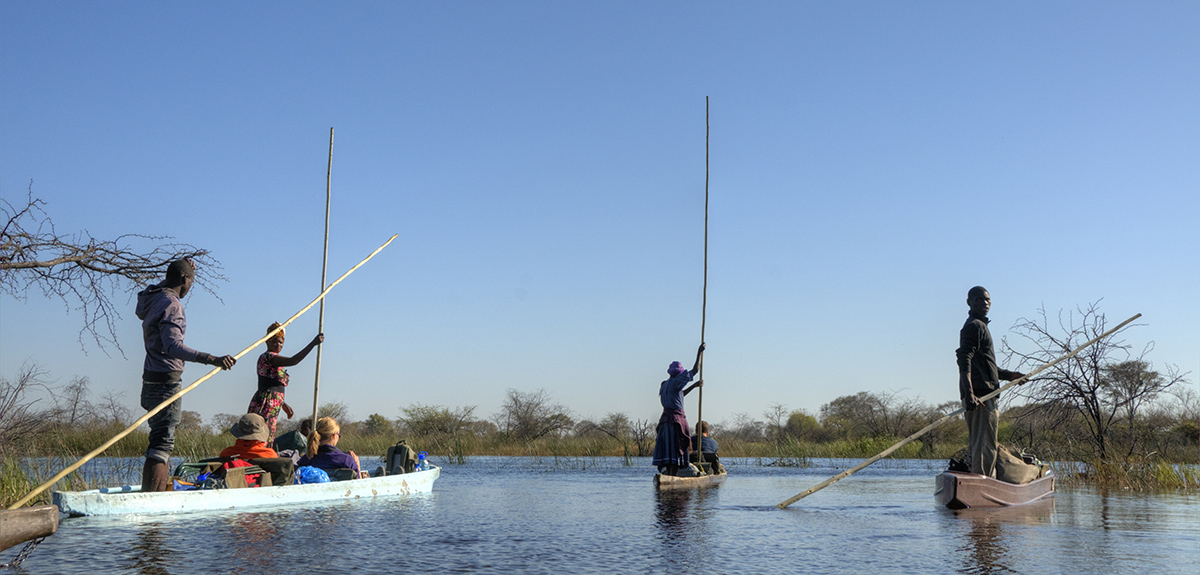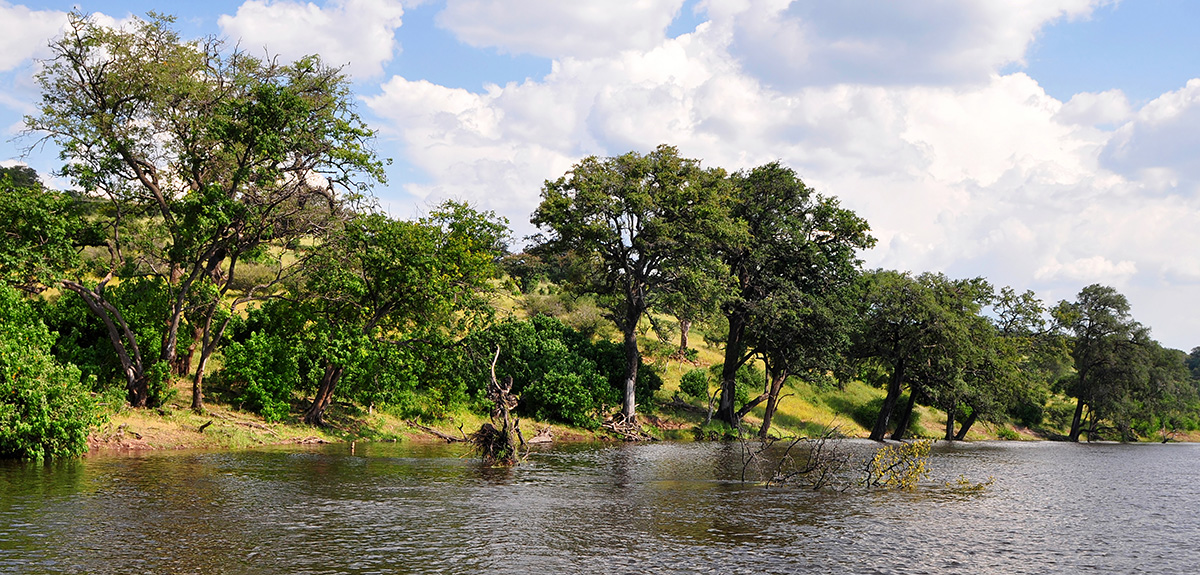Teaching in Botswana
Options for teaching in Botswana
Because Botswana is sparsely populated, many people have a difficult time accessing quality education. Therefore, qualified and motivated teachers are highly appreciated. Most teaching work is done on a volunteer basis by teachers who enjoy knowing that they are making a difference in the lives of their students, who range from young children to adults.
Many teachers find work in Botswana’s universities, which are also the institutions that offer the best opportunities for paid teaching jobs.

Salary and benefits when teaching in Botswana
Top universities will offer competitive salaries in addition to end-of-contract bonuses, medical insurance, and several weeks of vacation per year.
Although many other teaching jobs in Botswana are volunteer positions, volunteer groups will often provide accommodation for its teachers in order to offset costs.
Teach in Botswana – Hiring
The school year in Botswana begins in January and ends in December, usually with a break through the majority of December. Paid teaching jobs, therefore, will hire in December for January start dates. However, volunteer opportunities are often available year-round. Take a look at our Teach Away job board to keep your eye out for teaching jobs in Botswana.

What you need to teach in Botswana
Qualifications to teach in Botswana
Many teachers are able to teach in Botswana with no qualifications other than a university degree. However, because schools are not well equipped or staffed, teachers are highly encouraged to complete a TEFL course before beginning in order to better equip themselves with teaching strategies, background knowledge, and the skills to design activities and curriculum independently.
University instructors will generally be required to hold at least a Master’s degree in their field, have previous teaching experience, and demonstrate a record of publication.
Visas for teachers in Botswana
In order to obtain a work permit in Botswana, teachers will need to show an offer of employment, such as a signed contract. Other documentation includes a medical report, CV copy, certified copies of certificates, passport copy, and passport-sized photos.

Living in Botswana
Housing in Botswana
Housing in Botswana is very inexpensive; teachers should be able to locate accommodation for below the equivalent of $200 USD per month. Some volunteer organizations will provide housing for teachers, usually shared with other volunteers.
Things to do in Botswana
Botswana is best known for its wildlife and is one of the best safari destinations on the continent. The nation’s tourism industry is thriving and contributes to its relatively strong economy. The Okavango Delta is a popular region for travelers, and Chobe National Park is a must-see. Be warned that wildlife tourism in these areas is pricey, but the costs aid in conservation efforts.
Most teaching jobs will be located in the capital of Gaborone, which has a population of about 250,000 people. Teachers who are seeking familiar comforts of home should be able to find them in Gaborone, as many major South African retailers have locations in the city’s many shopping malls. The city’s restaurants offer a mix of cuisine, from steakhouses to south Asian restaurants. For teachers looking to spend time outdoors on weekends, climbing the surrounding hills provides beautiful views of the city, as well as great exercise!

TEFL Certification for Private School Teachers
Many private schools in Botswana require applicants to possess a TEFL certificate. The University of Toronto’s TEFL Online Certificate can help you become a leading candidate for some of the top Botswanian private school positions.

Teach in Botswana
Register for a teacher account to apply for teaching jobs in Botswana
Botswana at a glance
Country information
Capital: Gaborone
Language: English, Setswana
Population: 2.2 million
Currency: Pula (BWP)
Government: Parliamentary republic
Quick facts
Botswana has the world’s richest diamond mine.
Botswana shares the shortest border in the world with Zambia - only 150 metres long!
After gaining independence in 1966, Botswana became one of the richest countries in Africa.
About 38% of the country’s land is covered by national parks and wildlife reserves.
According to a 2007 study, there are more elephants in Botswana than there are anywhere else in the world.
Botswana is home to the Okavango Delta, - one of the largest inland deltas in the world and is inhabited by dozens of species that would not normally live in a desert climate.
The Makgadikgadi Salt Pans are one of the largest on earth, and are so vast that you can see the curvature of the earth.


















